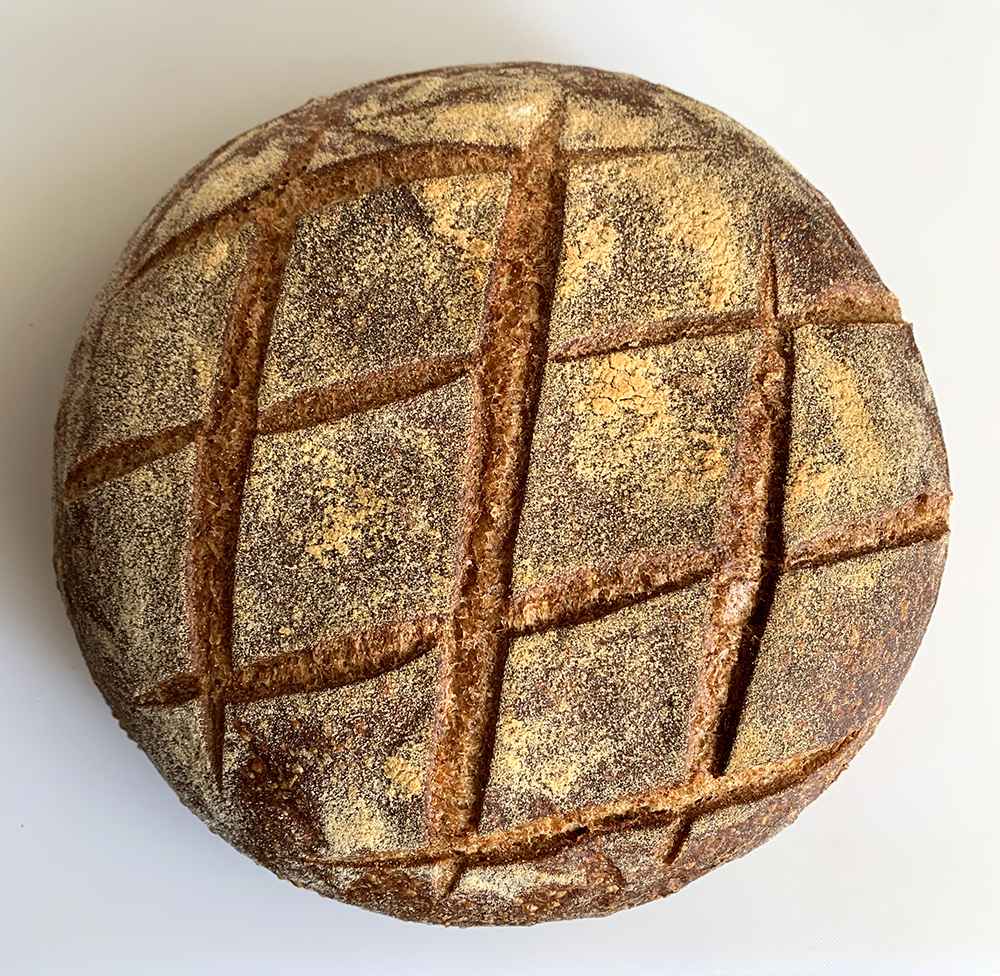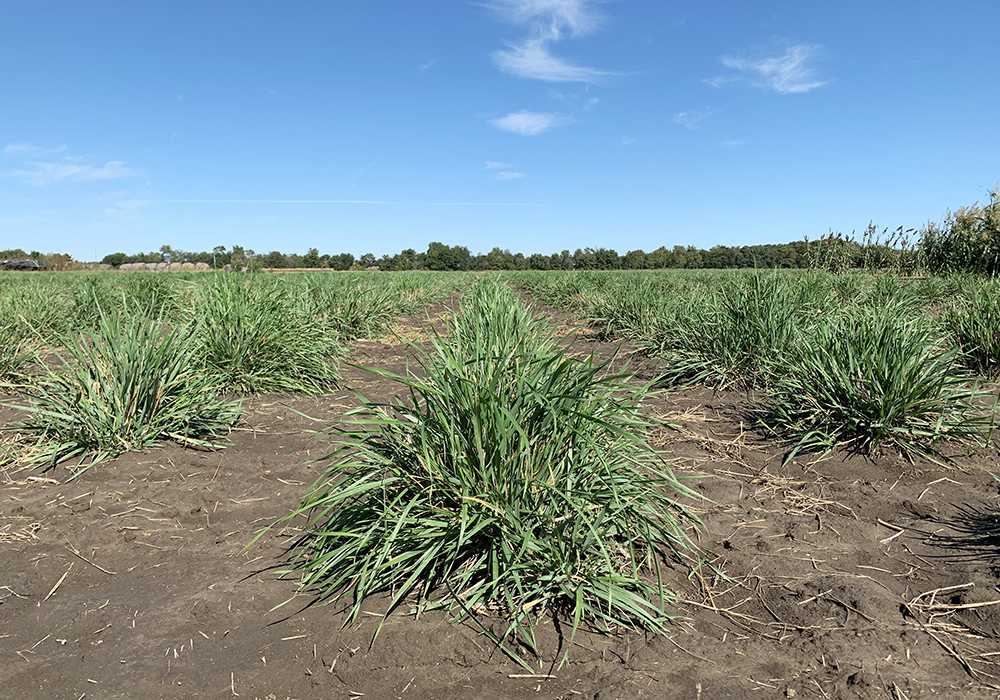Our glaciers are melting, our forests are on fire, our harvests are increasingly decimated by either floods and drought. We are in a climate emergency that threatens our very survival, and it is, frankly, incredibly depressing. But this episode, we’ve got the story of one of the most exciting, seemingly feasible efforts to reduce atmospheric carbon—by storing it in the soil. The solution involves refreshing beer, crusty bread, and sweet, crunchy broccoli—and a complete reinvention of modern agriculture, including domesticating entirely new crops. And the impact could be huge: because a third of Earth’s ice-free surface is farmland, scientists say that banking just a tiny bit more carbon beneath our fields would help remove billions of tons of CO2 from the atmosphere. Join us this episode on our quest to discover how switching to no-till, regenerative agriculture and breeding brand new perennial crops can help restock soil carbon, produce delicious grains and greens, and—maybe—save the world.
Asmeret Asafaw Berhe
Dr. Berhe is a soil biogeochemist at the University of California, Merced. You can learn more about her research in her 2019 TED talk, “A climate change solution that’s right under our feet.”
Assawaga Farm
Yoko Takemura and Alex Carpenter grow delicious organic, no-till vegetables on three-quarters of an acre in Connecticut. You can read more about Assawaga Farm on their website, and buy their produce at Boston-area farmers markets.
Assawaga Farm in October 2019. Photo by Nicola Twilley.
Kernza and The Land Institute
The Land Institute is a nonprofit agricultural research organization based in Salina, Kansas. We visited with director of research Tim Crews, as well as the lead scientist on the kernza domestication program, Lee DeHaan. You can read much more about their perennial crop research and kernza on their website, and then try kernza yourself in Patagonia Provisions’ Long Root Pale Ale.


Kernza bread and kernza plants in October, 2019. Photo by Nicola Twilley.
4 per 1000 initiative
Read more about the 4 per 1000 initiative here, including the science behind its goals and its network of international partners and programs.
Gastropod Summer 2020 Fellowship
Find out more about Summer 2020 Fellowship program and apply here.
Transcript
Click here for a transcript of the show. Please note that the transcript is provided as a courtesy and may contain errors

